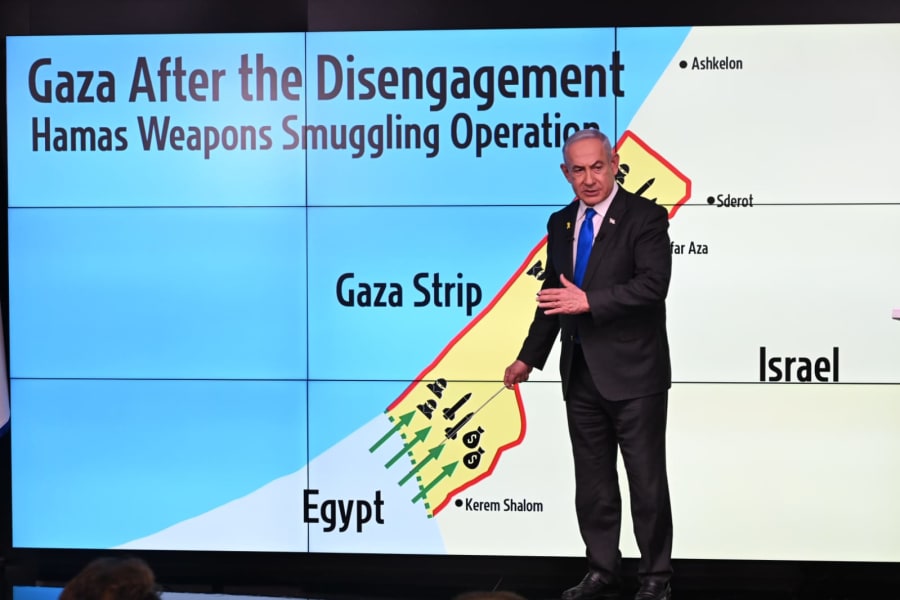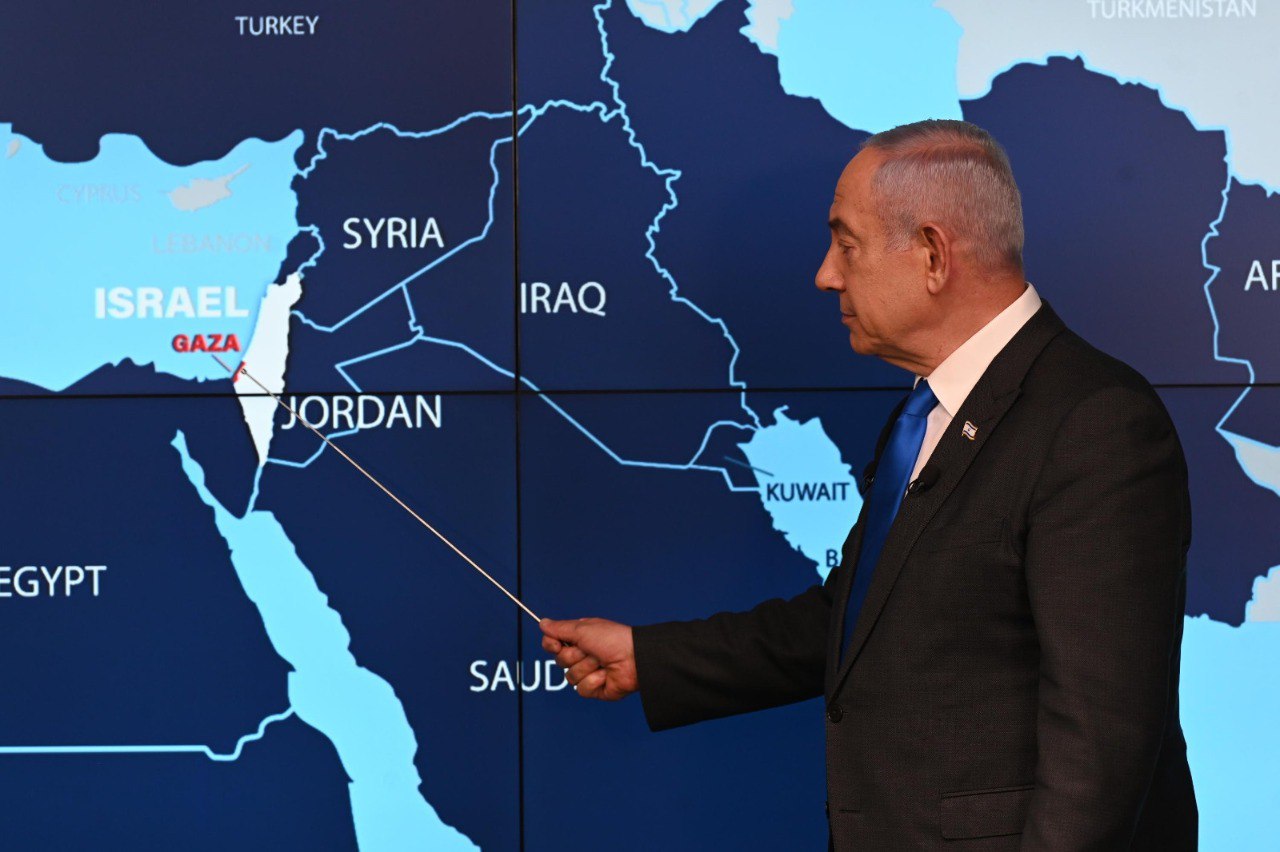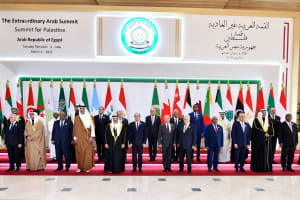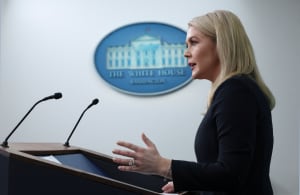Netanyahu says Israel could withdraw from Philadelphi Corridor in Phase 2 of ceasefire deal, not before
PM says history shows international pressure would prevent Israel from returning

In a special briefing to the foreign press in Jerusalem on Wednesday night, Israeli Prime Minister Benjamin Netanyahu stated that Israel may consider withdrawing troops from the Philadelphi Corridor during Phase 2 of a hostage release deal, as part of broader discussions on a permanent ceasefire.
However, Netanyahu stated, “The conditions that we shall have for a permanent ceasefire must include a situation where the Philadelphi Corridor cannot be perforated.”
In his press briefing, similar to his public address to the Israeli citizens in Hebrew on Tuesday evening Netanyahu reiterated his stance that Israel cannot leave the Philadelphi Corridor without first implementing a viable plan to prevent weapons smuggling into the Gaza Strip.
At the beginning of his speech, Netanyahu explained how the Philadelphi Corridor “became completely porous” after Israel's 2005 unilateral Israeli disengagement from the Gaza Strip.
While Israel exercised control over the other borders of Gaza, the Hamas terrorist organization and Egypt maintained control over the Philadelphi Corridor.
Netanyahu explained that Hamas began to smuggle weapons into Gaza through the corridor, “even though the policy of Egypt was to prevent it.” As a result, “rockets went in, missiles went in, drones went in, ammo went in, weapons manufacturing equipment came in, tunnel drilling equipment came in,” he said.
“Once we left the Philadelphi Corridor,” Netanyahu said, “Iran could carry out its plan to turn Gaza into a base, a terrorist enclave, that would endanger not only the communities around it but would endanger Tel Aviv, Jerusalem, and Beersheva.”
“You have to understand the centrality of the Philadelphi Corridor to the arming Gaza, to the arming of Hamas,” Netanyahu explained.

He explained that due to the corridor's critical role in arming and enabling Hamas to plan and execute the Oct. 7 massacres, achieving all of Israel’s war objectives is dependent on maintaining control over the Philadelphi Corridor.
The prime minister explained that Israel cannot defeat Hamas if the terror group can continue to resupply through the smuggling tunnels. He also said that Israel cannot bring back the surviving hostages if Hamas can simply smuggle them into the Sinai Peninsula through tunnels in the Philadelphi Corridor. And if the tunnels remain, Israel cannot ensure that Gaza will never again pose a terror threat to Israel.
However, Netanyahu also noted that in previous conflicts, once Israel left an area seized as part of a military operation, it was prevented from re-entering the same area after an escalation due to immense international pressure. For that reason, he argued, Israel cannot leave the corridor without substantial security guarantees.
“There will be enormous international pressure not to come back,” Netanyahu claimed, saying, “We’ll pay an exorbitant price in many fields, including in the lives of our men, to come back.”
The prime minister also pushed back against the narrative that he is not interested in securing a deal, reminding the press that he was the one who agreed to the first deal in November 2023.
“I’m willing to make a deal,” he said. “I made one already; one that brought back 150 hostages, 117 of them alive.”
“I’m committed to returning the remaining 101,” he continued, “but leaving Philadelphi does not advance the release of the hostages.”
He pointed out that Hamas only started making concessions in the negotiations after Israel achieved significant military gains.
In closing, the prime minister described the Philadelphi Corridor as a “red line” and said: “I think there is the possibility of getting this deal if we stick to this strategy.”

The All Israel News Staff is a team of journalists in Israel.
You might also like to read this:














